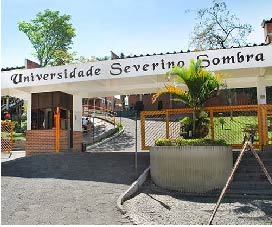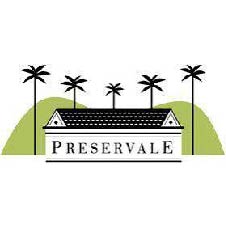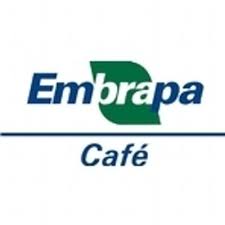 Agrosuisse Serviços Técnicos e Agropecuários Ltda. has been providing consulting services throughout Brazil for 25 years. The Orgânicos do Vale program has the São Fernando farm, located in Massambará, a district of the municipality of Vassouras, as a convergence point for the production of the other participants in the Orgânicos do Vale network. The program includes the development of the local market with na emphasis on direct sales from producers to consumers. Brazil has some successful examples of agroecology projects with local development. Agrossuisse believes in the program and works together with the other institutions that participate in it. Production technologies are implemented with the aim of achieving the best cost-benefit ratio for certified producers.
Agrosuisse Serviços Técnicos e Agropecuários Ltda. has been providing consulting services throughout Brazil for 25 years. The Orgânicos do Vale program has the São Fernando farm, located in Massambará, a district of the municipality of Vassouras, as a convergence point for the production of the other participants in the Orgânicos do Vale network. The program includes the development of the local market with na emphasis on direct sales from producers to consumers. Brazil has some successful examples of agroecology projects with local development. Agrossuisse believes in the program and works together with the other institutions that participate in it. Production technologies are implemented with the aim of achieving the best cost-benefit ratio for certified producers.
Severino Sombra University Professional growth and the search for new challenges unite these two institutions. Together, they promote qualification and lead to awareness and growth of professionals in various areas. By rediscovering their self-esteem and potential, these professionals are able to promote more concrete actions and, motivated, discover that they are natural entrepreneurs.”
Professional growth and the search for new challenges unite these two institutions. Together, they promote qualification and lead to awareness and growth of professionals in various areas. By rediscovering their self-esteem and potential, these professionals are able to promote more concrete actions and, motivated, discover that they are natural entrepreneurs.”
Preservale RDR has demonstrated an enormous spirit of cooperation with regional entities in Vale do Café, especially with Preservale, through various actions with the regional community. The efforts to preserve the environment and historical heritage, together with the various community initiatives that it has been developing, place it in the regional leadership.
 EMBRAPA CAFES
EMBRAPA CAFES
EMBRAPA Cafés is a unit of the Brazilian Agricultural Research Corporation focused on the development and improvement of coffee farming in Brazil. It works in partnership with RDR to develop technologies and practices that increase productivity, quality and sustainability of production.
The main activities include:
1- Research and Development: Creation of new coffee cultivars that are more resistant to pests and diseases.
2- Cultivation Technology: Improvement of management, irrigation and harvesting techniques.
3- Coffee Quality: Development of methods to improve sensory quality and product value.
4- Sustainability: Projects that promote environmental conservation and the responsible use of natural resources. These initiatives aim not only to increase our competitiveness, but also to ensure the sustainability of our coffee farming.
These initiatives aim not only to increase our competitiveness, but also to ensure the sustainability of our coffee farming.